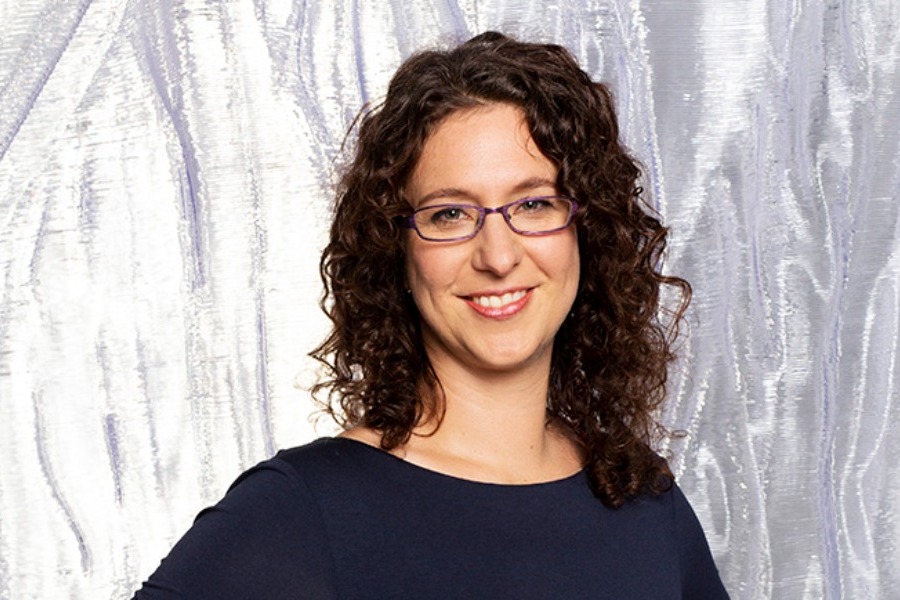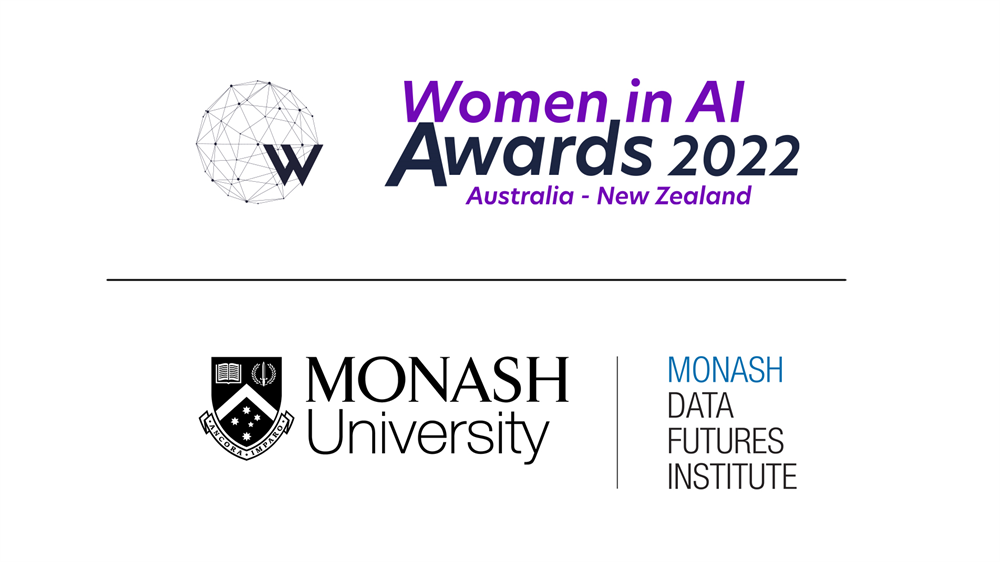Why Smart Home Devices Need a Feminist Reboot

In the lead up to the 2022 Women in AI (WAI) Awards, we feature an inaugural winner and their ground-breaking work.
In its inaugural year in 2021, the WAI Awards’ AI in Innovation award was won by Victorian, Yolande Strengers, Associate Professor of Digital Technology and Society at Monash University - who was recognised for her research and interventions into the gendered problems with digital voice assistants - where she currently leads the Energy Futures program.
“As a digital sociologist, it is an honour to receive this award for innovation in AI. My research and interventions into the gendered problems with digital voice assistance calls for the social sciences and humanities to become imbedded in AI, and that is exactly what this award has recognised.”
Yolande Strengers
Yolande is also Associate Dean of Equity, Diversity and Inclusion in the Faculty of Information Technology and an Associate Director (Consumers) of the Monash Energy Institute. Her research investigates how digital technologies and AI are changing how we live and engage with each other. Her focus is on the energy, sustainability, health and gender equity outcomes of emerging technologies, such as smart grids, smart homes, energy systems, automation, digital voice assistants, robots and Telepresence.
As an interdisciplinary scholar, her work spans the fields of digital sociology, human-computer interaction (HCI) design, and science and technology studies. Yolande holds a PhD in Social Science (RMIT University), a Masters in Social Science (RMIT University) and a Bachelor of Arts (Monash University, majoring in Geography & Indonesian). Prior to academia, she worked in the energy and sustainability sectors in communications and media roles. Yolande also won the B&T Women Leading Tech Award for Education & Research.
The Smart Wife, Why Siri, Alexa, and Other Smart Home Devices Need a Feminist Reboot
Meet the Smart Wife—at your service, an eclectic collection of feminized AI, robotic, and smart devices. This digital assistant is friendly and sometimes flirty, docile and efficient, occasionally glitchy but perpetually available. She might go by Siri, or Alexa, or inhabit Google Home. She can keep us company, order groceries, vacuum the floor, turn out the lights. A Japanese digital voice assistant—a virtual anime hologram named Hikari Azuma—sends her “master” helpful messages during the day; an American sexbot named Roxxxy takes on other kinds of household chores.
Published with MIT Press (2020) and co-authored with Jenny Kennedy, Yolande’s most recent book “The Smart Wife, Why Siri, Alexa, and Other Smart Home Devices Need a Feminist Reboot” examines the emergence of digital devices that carry out “wifework”—domestic responsibilities that have traditionally fallen to (human) wives. They show that the principal prototype for these virtual helpers—designed in male-dominated industries—is the 1950s housewife: white, middle class, heteronormative, and nurturing, with a spick-and-span home. It's time, they say, to give the Smart Wife a reboot.
What's wrong with preferring domestic assistants with feminine personalities? We like our assistants to conform to gender stereotypes—so what? For one thing, Strengers and Kennedy remind us, the design of gendered devices re-inscribes those outdated and unfounded stereotypes. Advanced technology is taking us backwards on gender equity. Strengers and Kennedy offer a Smart Wife “manifesta,” proposing a rebooted Smart Wife that would promote a revaluing of femininity in society in all her glorious diversity.
“Alternating humor with cogent analysis, this book presents a thoughtful reflection on virtual assistants and their increasingly pervasive role in society... [The Smart Wife] provides an illuminating exploration of past technologies and a useful road map for the future.”
Choice Review*
Talks at Google’s Jan Schneider interviewed Yolande Strengers and Jenny Kennedy about their book “The Smart Wife: Why Siri, Alexa and Other Smart Home Devices Need a Feminist Reboot” in July 2021
Monash researchers named finalists in WAI Awards 2022 ANZ
The finalists for the Women in AI Awards 2022 Australia - ANZ have been announced and Monash University Researchers and Alumni are recognised for their leadership in AI. Four finalists are current staff with the university:
- Nina Rajcic - AI in Creative Industries
- Dr Sonika Tyagi - AI in Health
- Angela Rodrigues - AI in Mining
- Professor Sarah Pink - AI in Innovation
Amongst the finalists are seven Monash University alumni:
- Dr Jeannie Marie Paterson (PhD in Contract Law) - AI in Law
- Dr Kobi Leins (Bachelor of Law/Arts, Honours) - AI in Law
- Dr Olivia Sackett (Bachelor of Environmental Science, Honours in Ecology & Chemistry) - AI in Climate
- Dr Ying Yang (PhD in Computer Science/Machine Learning) - AI in Finance
- Dr Kristen Moore (Bachelor of Science, Honours in Mathematics & Physics) - AI in Cyber Security
- Dr Rochelle Eime (PhD in Sports Injury Epidemiology) - AI in Sport
- Dr Flora Salim (Bachelor of Computer Science, PhD in Computer Science) - AI in Defence and Intelligence
The Monash Data Futures Institute proudly continues its partnership with Women in AI Awards 2022 ANZ as the Premier Partner, in line with their commitment to supporting the next generation of female leaders in AI and rewarding excellence in the field. Prof Joanna Batstone, Director of the Monash Data Futures Institute, will present the Grand Award - “Australia - New Zealand WAI Innovator of the Year”, along with Professor Kate Crawford, Patron of the WAI Awards 2022.
Visit the WAI 2022 ANZ website for more details.







